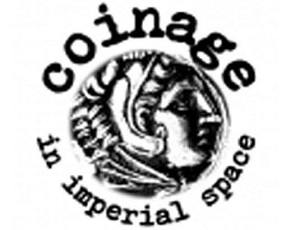
This conference aims to provide a platform for discussion about different issues related to the monetary administration of the Mediterranean empire of Achaemenids as well as Alexander the Great and the early successor kingdoms.
The second book of the pseudo-Aristotelian Oikonomika famously divides economies into four types: royal (βασιλική), satrapal (σατραπική), civic (πολιτική) and personal (ἰδιωτική). As a theoretical examination of the nature of economies in the ancient Greek world it is all but unique. Although generally attributed to the late 4th century BC, and the school of Aristotle, it is clear from the structure and the terminology of this broad analysis that it was written certainly with the Achaemenid Empire and its satrapal institutions in mind, even if it does belong to the period of foundation of the first Macedonian kingdoms in the East. It is thus a text of capital importance for the investigation of the transfer of the practices of the Persian Empire to the Greeks.
In this context, its discussion of monetary administration becomes a matter of potentially major significance in the interpretation of the nature and role of coinage in this period of profound change. The administration of coinage, for the author of this treatise, belongs solely in the realm of the king. This presupposition raises a number of questions. Is this true for the period of Achaemenid reign over coin-producing areas? It has become conventional among numismatists to attribute coinages to cities, satraps, karanoi, minor kings and dynasts as well as to the great king himself. Do we need to re-think the categorisation of these coinages? Do we need to reassess the agents behind these coinages and their ability to strike coinage? Or is the Oikonomika simply wrong? And what about the years after Alexander’s conquest? Can the new world of his empire and the kingdoms that immediately followed provide a better or different context for the assumption so strongly asserted in the Oikonomika? Did the post-Achaemenid world see a transformation in the role and nature of coinage on the new imperial territories? Did coinage become the prerogative or concern of the king alone? Did the Macedonian conquest mark a period of massive change in the monetary administration of large imperial territories?
This conference is designed to provide a platform for discussion about these and other issues related to the monetary administration of the Mediterranean empire of Achaemenids as well as Alexander the Great and the early successor kingdoms. It will in part take a regional approach by asking experts in specific regions to examine the coinages on either side of the conquest and apply the filter of pseudo Aristotle to the data they find there. Historians and historians of economy will attend it to set this specifically monetary history against a broader framework of administrative and economic practices from the Achaemenid times to the Hellenistic period.
More information about the conference is available on its website.

